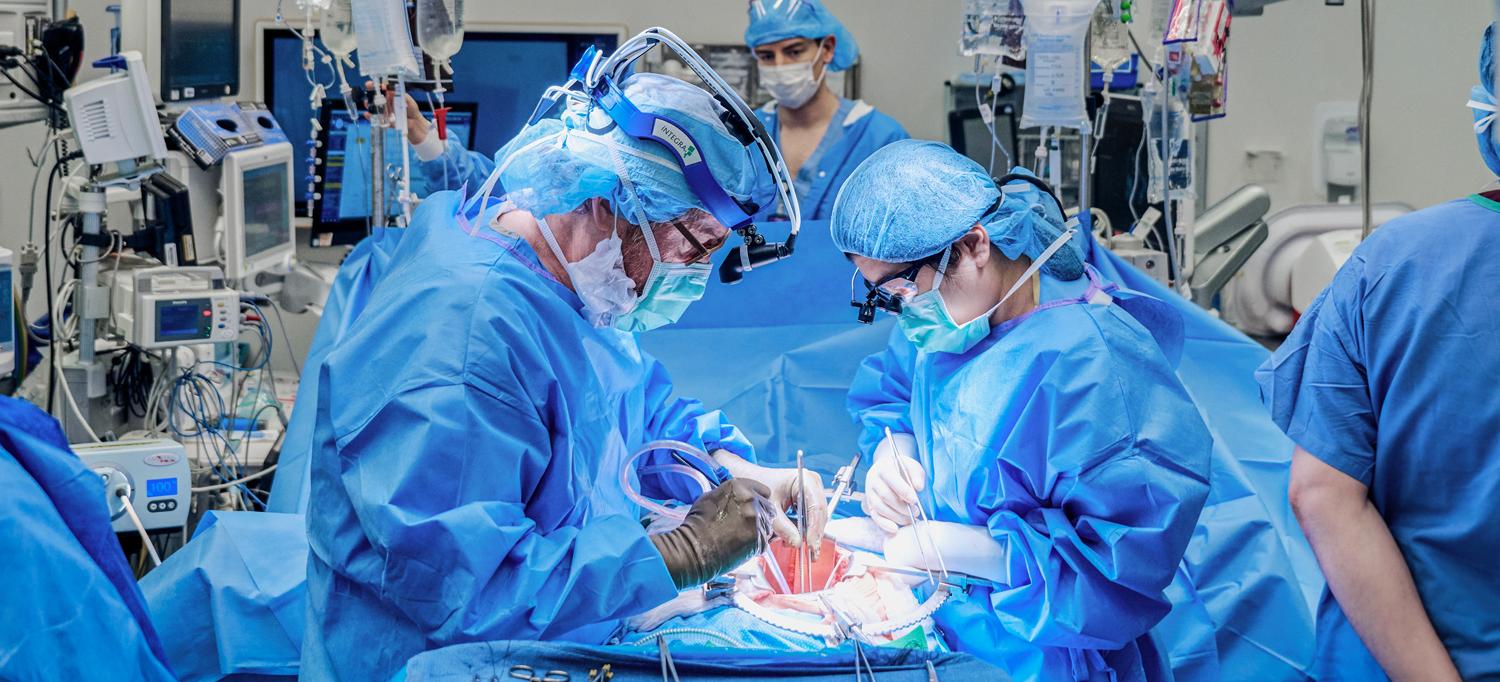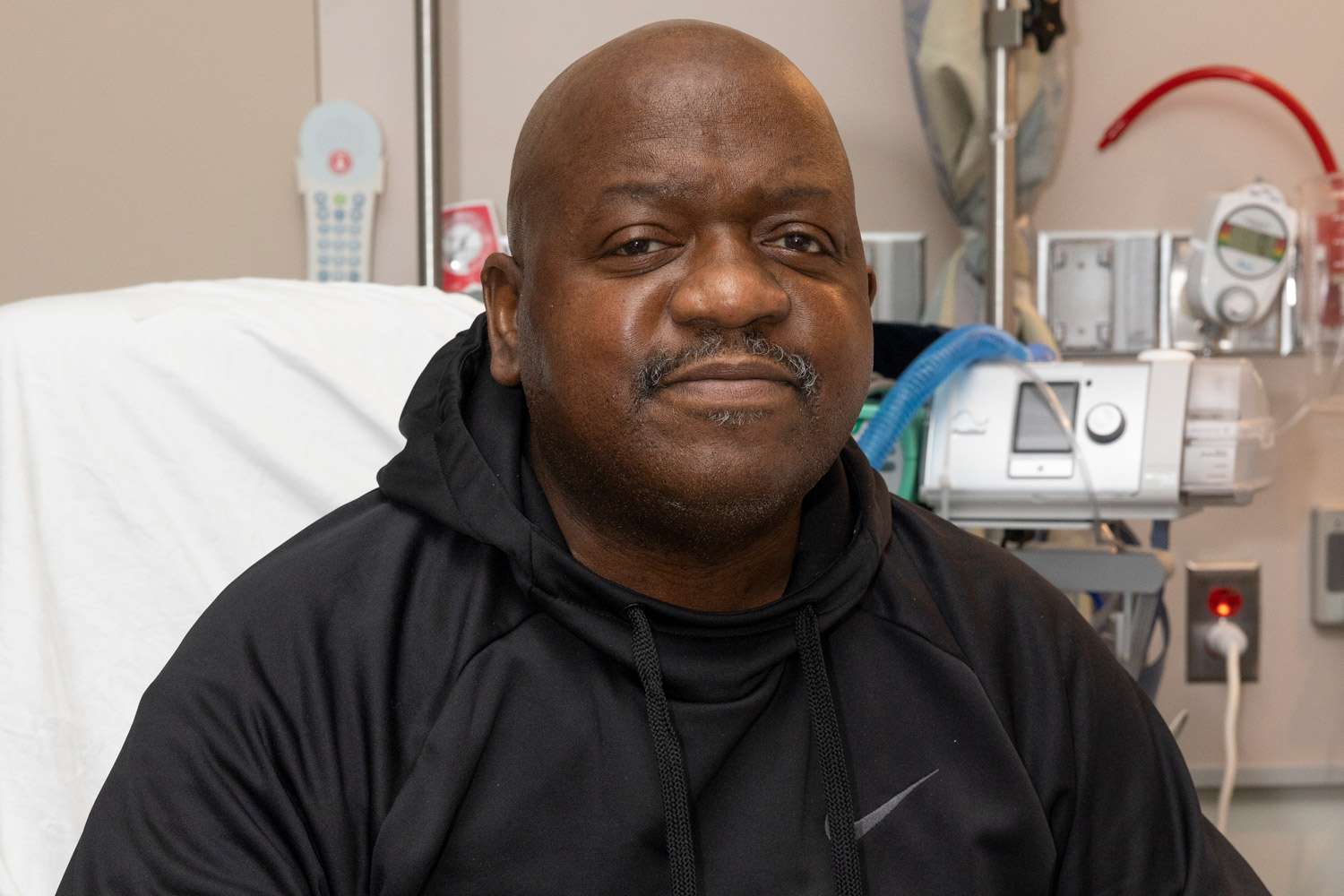The first patient to receive a kidney transplanted from a genetically modified pig has recovered so well that he was discharged from the hospital on Wednesday, just two weeks after the groundbreaking surgery.
The transplant and its positive outcome mark a significant moment in medical history, with experts suggesting it could usher in an era of cross-species organ transplantation.
Previously, attempts at organ transplants from genetically modified pigs had failed. Both patients who received hearts died a few weeks later, one showing signs of organ rejection—an ever-present risk.
However, the kidney transplanted into Richard Slayman, 62, is functioning well, producing urine, removing waste products from his blood, balancing fluids, and performing other essential functions, according to doctors at Massachusetts General Hospital.
“This moment—leaving the hospital today with one of the cleanest bills of health I’ve had in a long time—is one I wished would come for many years,” Mr. Slayman said in a statement released by the hospital. “Now it’s a reality.”
He expressed gratitude for the exceptional care he received and thanked his physicians, nurses, and well-wishers, including fellow kidney patients awaiting transplants.
“This marks a new beginning not just for me, but for them as well,” Mr. Slayman added.
Dr. David Klassen, chief medical officer for the United Network for Organ Sharing, believes the procedure brings xenotransplantation, or animal-to-human organ transplants, closer to reality.
“While much work remains, the potential to benefit many patients is clear, addressing previous uncertainties in the field,” Dr. Klassen commented.
However, the prospect of Mr. Slayman’s body eventually rejecting the transplanted organ remains uncertain, and there are other challenges ahead.
Success in further patients and extensive clinical trials are needed before xenotransplantation can be widely adopted.

Dr. Klassen highlighted logistical hurdles, emphasizing the need for a reliable supply of organs from genetically engineered animals and addressing the potential cost challenges.
Already a significant expense, treating kidney disease affects a substantial portion of Medicare spending, underscoring the potential impact of pig-to-human transplantation.
Mr. Slayman chose the experimental procedure due to limited options—struggling with dialysis complications and facing a lengthy wait for a human kidney donor.
His transplanted kidney came from a pig engineered by biotech company eGenesis. Scientists removed three genes that could provoke rejection, inserted seven human genes for better compatibility, and deactivated retroviruses that could infect humans.
With over 550,000 Americans requiring dialysis and more than 100,000 on kidney transplant waiting lists, xenotransplantation offers hope. Chronic kidney disease affects millions, with minority groups disproportionately affected.
While dialysis sustains life, a kidney transplant significantly enhances quality of life, but only a fraction of needed transplants are performed annually due to donor shortages.
Organ rejection remains a critical challenge in transplants, managed with drugs to suppress immune responses in recipients.
Mr. Slayman encountered signs of rejection eight days post-surgery, identified as cellular rejection, the most common acute form. Treatment with steroids and immunosuppressants successfully reversed the rejection.
Dr. Leonardo V. Riella, overseeing Mr. Slayman’s transplant, noted the patient’s positive response to treatment, akin to those receiving human organ transplants.
Continued monitoring includes frequent blood and urine tests and regular doctor visits. Mr. Slayman will avoid work for six weeks and take precautions against infections due to immunosuppressant medications.
“We aim for patients to resume activities they enjoy, improving their quality of life,” Dr. Riella emphasized.
On discharge day, Mr. Slayman was eager and optimistic about the future, reflecting a remarkable recovery from initial anxieties.
“When we saw him this morning, there was a big smile on his face and he was making plans,” Dr. Riella recalled.
